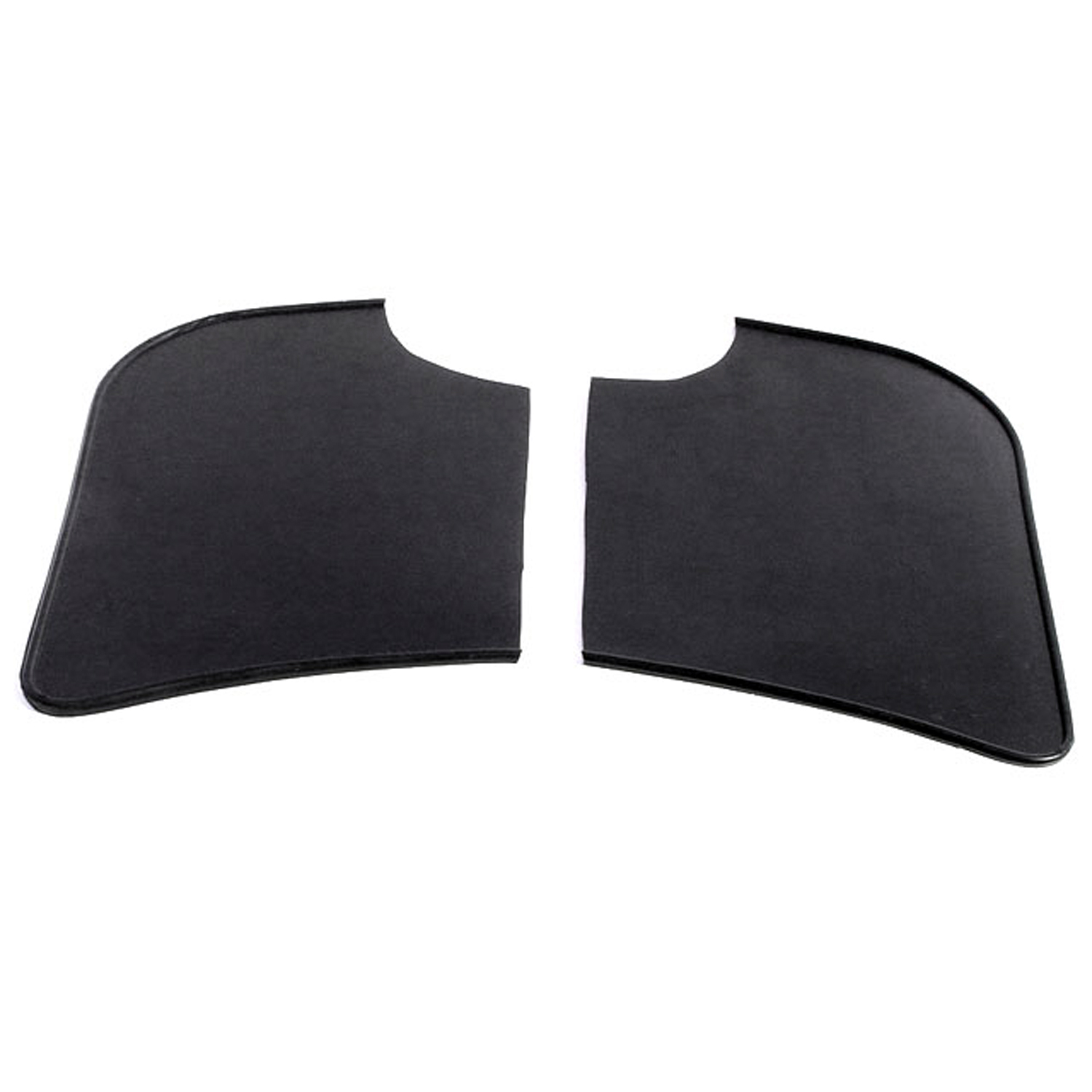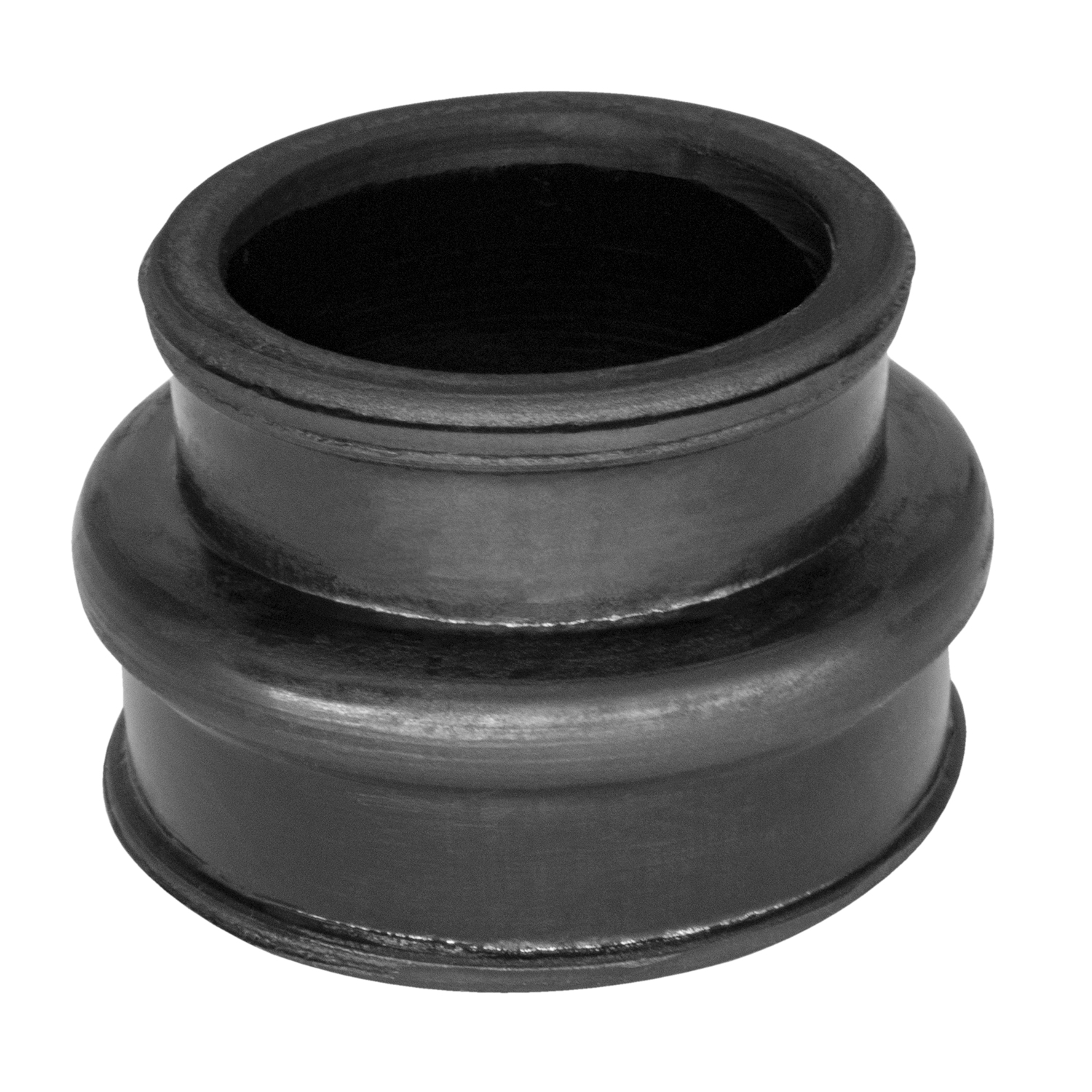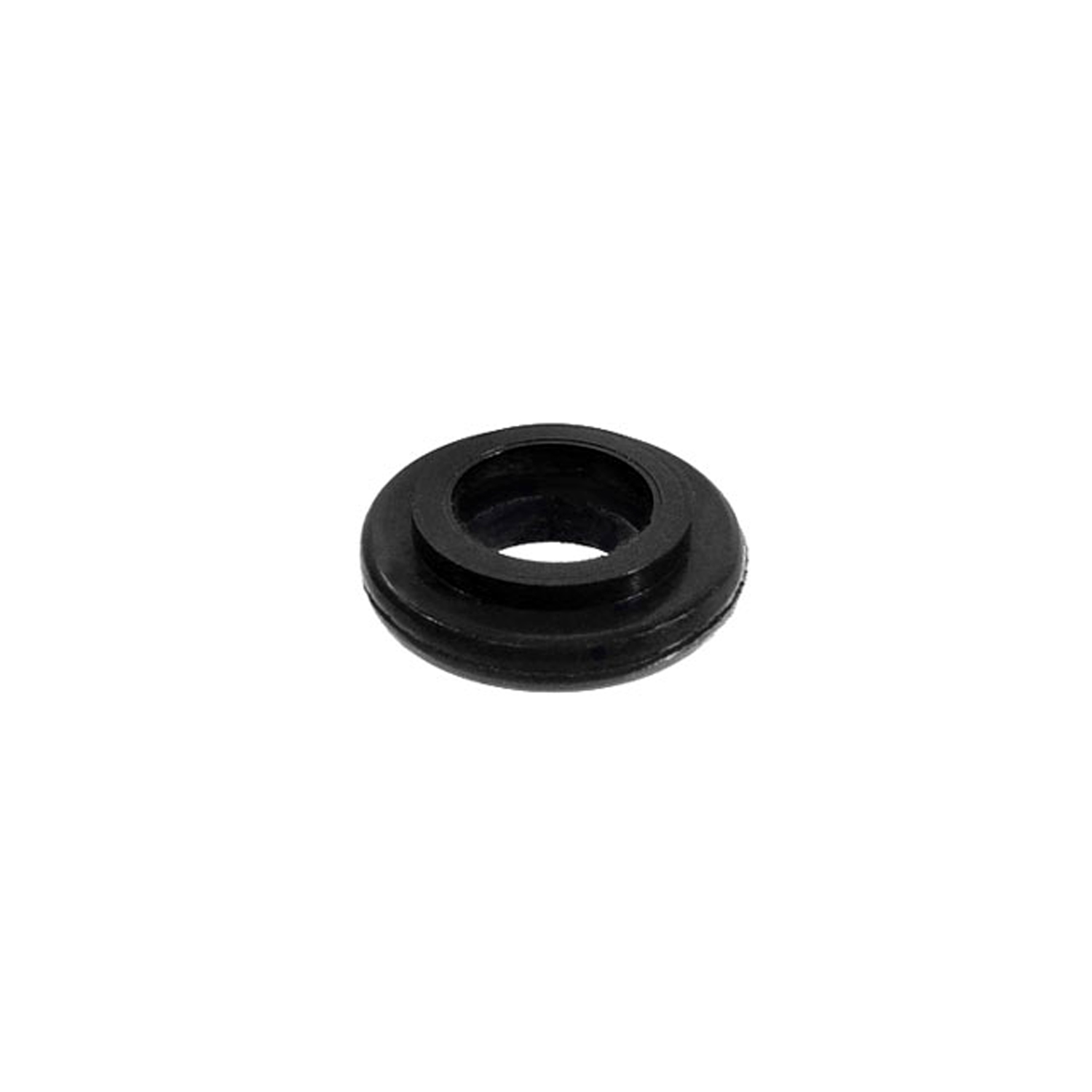Image of 1972 Volkswagen 411, Note: These illustrations use artistic license and may differ from actual historical models.
Performance Metrics
Fundamental Metrics
Emotional Appeal
MMP Rating
| Engine Specifications | |
|---|---|
| Engine: | Flat-4 engine |
| Displacement: | 1.7L |
| Horsepower: | 80 hp |
| Torque: | 97 lb-ft |
| Compression Ratio: | 8.2:1 |
| Ignition System: | Distributor ignition system |
| Cooling System: | Air-cooled |
| Performance Specifications | |
| 0-60 Time: | 13 seconds |
| 1/4 Mile Time: | 19 seconds |
| Top Speed: | 104 mph |
| Transmission and Drive | |
| Drive Type: | Rear-wheel drive |
| Transmission Type: | 4-speed manual or 3-speed automatic |
| Fuel and Efficiency | |
| Fuel System Type: | Fuel injection |
| MPG: | 25 mpg |
| Dimensions and Brakes | |
| Brakes: | Disc brakes at front, drum brakes at rear |
| Wheelbase: | 100 inches |
| Weight: | 2,600 lbs |
Note: Specifications for classic cars are given to the best of our ability, considering the limited and variant data available.
Unveiling the 1972 Volkswagen 411: A Leap into Modernity
The year 1972 marked a significant milestone for Volkswagen with the introduction of the 411 model, a vehicle that stood as a testament to the brand's commitment to innovation and practicality. As the largest passenger vehicle produced by Volkswagen up until that time, the 411 was a bold move away from the manufacturer's earlier, more iconic Beetle and Transporter series. Volkswagen, renowned for its air-cooled rear-engine layouts, ventured into uncharted territory with the 411, offering a fresh design and enhanced comfort that aimed to meet the evolving demands of consumers in the early '70s. A unique fact about this car is that it was Volkswagen's first venture into the executive car segment, signaling a new direction for the company.
Design and Innovation: The Aesthetic of Progress
The exterior styling of the 1972 Volkswagen 411 was a departure from VW's traditional design language. It featured a more angular and elongated body, with distinctive headlights that gave it a contemporary look. The interior was equally forward-thinking, boasting improved legroom and headroom, and upholstered with materials that elevated the sense of quality within its cabin. Technologically, it came equipped with features such as electronic fuel injection—an advanced addition for its era. Color options for the 411 ranged from vibrant to subdued, with choices like Brilliant Orange and Ontario Blue catching buyers' eyes. Among these, some hues became favorites for their ability to accentuate the car's modern lines. The vehicle was available in several body styles including a two-door and four-door sedan as well as a three-door station wagon variant known as the Variant. The Variant, with its practicality and distinctive style, often stood out as an iconic choice among enthusiasts.
Historical Significance: Paving New Paths
The Volkswagen 411's impact on automotive design was subtle yet significant. It demonstrated VW's ability to break from its own conventions and respond to market trends. While not as revolutionary as some of its predecessors, it set a precedent for future models by introducing features that would become standard in later years. Its blend of functionality with a more upscale feel carved out a new niche for Volkswagen in an increasingly competitive market.
Performance and Handling: The Drive of Innovation
In terms of performance, the 1972 Volkswagen 411 was modest yet respectable for its class. With top speeds hovering around 100 mph and an acceleration from 0-60 mph in about 14 seconds, it wasn't going to win any drag races but provided adequate power for everyday driving. Handling was improved over previous VW models due to better weight distribution and suspension design, offering drivers more confidence on winding roads or when navigating through urban environments. The driving experience was characterized by a smooth ride quality and an engine sound that was uniquely VW—reassuringly familiar yet distinctly refined.
Ownership Experience: Living with a Legend
The VW 411 found its place as both a daily driver and show car among enthusiasts. Its reliability was typical of Volkswagen's reputation at the time—solid but requiring regular maintenance to keep things running smoothly. Parts were generally accessible due to VW's extensive dealer network, making repairs manageable for the average owner.
Fun Facts: The Quirks That Define Character
Despite not being as famous as some other VW models, the 411 had its share of quirks and trivia. For instance, it is rumored that certain high-profile individuals owned a 411 at some point, adding to its allure. While it didn't break records in speed or sales, it held its own in endurance thanks to robust German engineering. Common criticisms included its somewhat conservative styling compared to competitors and performance figures that didn't excite sports car enthusiasts.
Collector's Information: A Vintage Value Proposition
Today, collectors view the 1972 Volkswagen 411 with fondness for its place in VW's history. While exact production numbers are hard to come by, it is less common than other models like the Beetle or Golf, adding to its rarity. Values can vary widely based on condition and originality; however, well-preserved examples can fetch anywhere from $5,000 to $15,000 or more depending on market interest at any given time. As with many classic cars, prices tend to appreciate slowly over time as nostalgia grows and surviving numbers dwindle.
Conclusion: Celebrating an Overlooked Gem
The 1972 Volkswagen 411 may not be the first model that comes to mind when one thinks of classic VWs; however, it represents an important chapter in the automaker's history—a chapter where risks were taken and new paths were forged. With its blend of practicality and understated elegance, it remains an attractive option for classic car enthusiasts looking to experience a different side of Volkswagen's storied past.
1972 Volkswagen 411 Catalog of Parts
 1972 Volkswagen 411 Gravel Shields. Molded flat without metal backing plates-FS 40Gravel Shields. Molded flat without metal backing plates. Apply with contact cement. 7-5/8" long X 5-5/8" wide at top. Pair
1972 Volkswagen 411 Gravel Shields. Molded flat without metal backing plates-FS 40Gravel Shields. Molded flat without metal backing plates. Apply with contact cement. 7-5/8" long X 5-5/8" wide at top. Pair 1972 Volkswagen 411 Intake Manifold Boots. Made of rubber. 1-3/8" I.D., 2" O.D-RP 300-BIntake Manifold Boots. Made of rubber. 1-3/8" I.D., 2" O.D. X 1-1/2" high. Pair
1972 Volkswagen 411 Intake Manifold Boots. Made of rubber. 1-3/8" I.D., 2" O.D-RP 300-BIntake Manifold Boots. Made of rubber. 1-3/8" I.D., 2" O.D. X 1-1/2" high. Pair 1972 Volkswagen 411 Oil Cooler Seal. 7/16" I.D., 7/8" O.D. Each-RP 8-BOil Cooler Seal. 7/16" I.D., 7/8" O.D. Each
1972 Volkswagen 411 Oil Cooler Seal. 7/16" I.D., 7/8" O.D. Each-RP 8-BOil Cooler Seal. 7/16" I.D., 7/8" O.D. EachWhy Choose Metro?
For over 100 years, Metro Moulded Parts has been the pinnacle of quality in classic car restoration parts. Our commitment to precision and authenticity in every component ensures a perfect fit and an OEM-level appearance.
- Expert Craftsmanship & Quality: Each part is a testament to our dedication to reliability and perfection, crafted from original designs and thoroughly tested.
- Advanced Technology: We use cutting-edge techniques to create flawless, long-lasting parts that surpass others in performance.
- SuperSoft Sponge – The Ultimate Door Seal: Not only are our door seals 30% softer than competitors', but they're also guaranteed to never leak. They effectively reduce wind and road noise, enhancing your classic car's comfort and driving experience.
- Proudly American: Our parts are a product of American craftsmanship, made in the USA with a spirit of excellence and heritage.
- Unrivaled Warranty: We back our products with a 30-year industry-leading warranty, a testament to our confidence in their quality.
Join us in preserving the legacy of classic cars with parts that are crafted for perfection, not just made.

